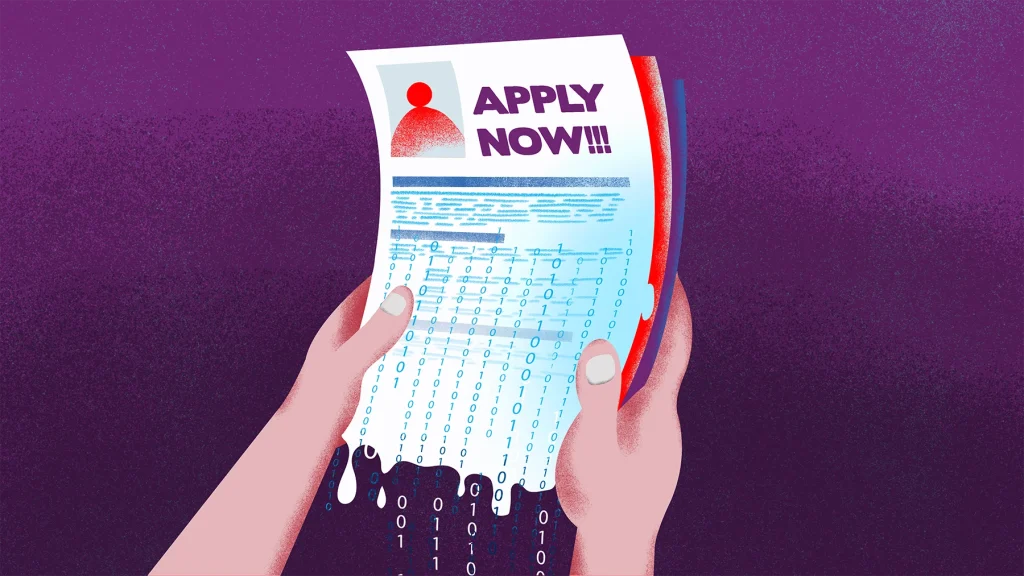
Microsoft just dropped its latest Cyber Signals report — and it’s a wake-up call for anyone who’s ever clicked a sketchy link, shopped online, or applied for a job through a random WhatsApp message.
Here’s the headline: AI-powered scams are no longer rare or clunky. They’re clean, fast, convincing — and absolutely everywhere.
Microsoft says it blocked $4 billion in fraud attempts last year alone. That’s 1.6 million bot attacks stopped every hour. Yep. Every. Hour.
So what’s changed? In a word: scale.
AI has lowered the bar for cybercriminals. You don’t need a hacker hoodie or elite skills anymore. With the right tools, even low-effort scammers can spin up fake storefronts, create phony job listings, and generate AI-powered reviews, product photos, and chatbots — all in minutes.
Imagine clicking on a slick e-commerce site. The products look legit, reviews are glowing, and customer support even responds. Except…it’s all fake. Designed to take your money and disappear.
Now shift to job scams. Using AI, bad actors are creating fake recruiters, cloned company pages, autogenerated interview questions, and “HR reps” emailing you for your resume, bank info, or passport — all part of an elaborate con.
Red flags? Watch for vague job descriptions, pressure to act fast, payment requests, or recruiters messaging you on text or WhatsApp like it’s casual Friday.
Microsoft’s pushing back with deep learning protections in Edge, smarter security across its cloud platforms, and a “fraud-resistant by design” mandate starting in 2025. But their message is clear: tech can only do so much. People still need to stay alert.
Their advice? Slow down. Double check. Be skeptical of urgency. And never, ever share sensitive info with unverified sources.
The bottom line: AI doesn’t just power your productivity — it powers the next generation of scams too. So don’t just trust your gut. Verify with your head.







